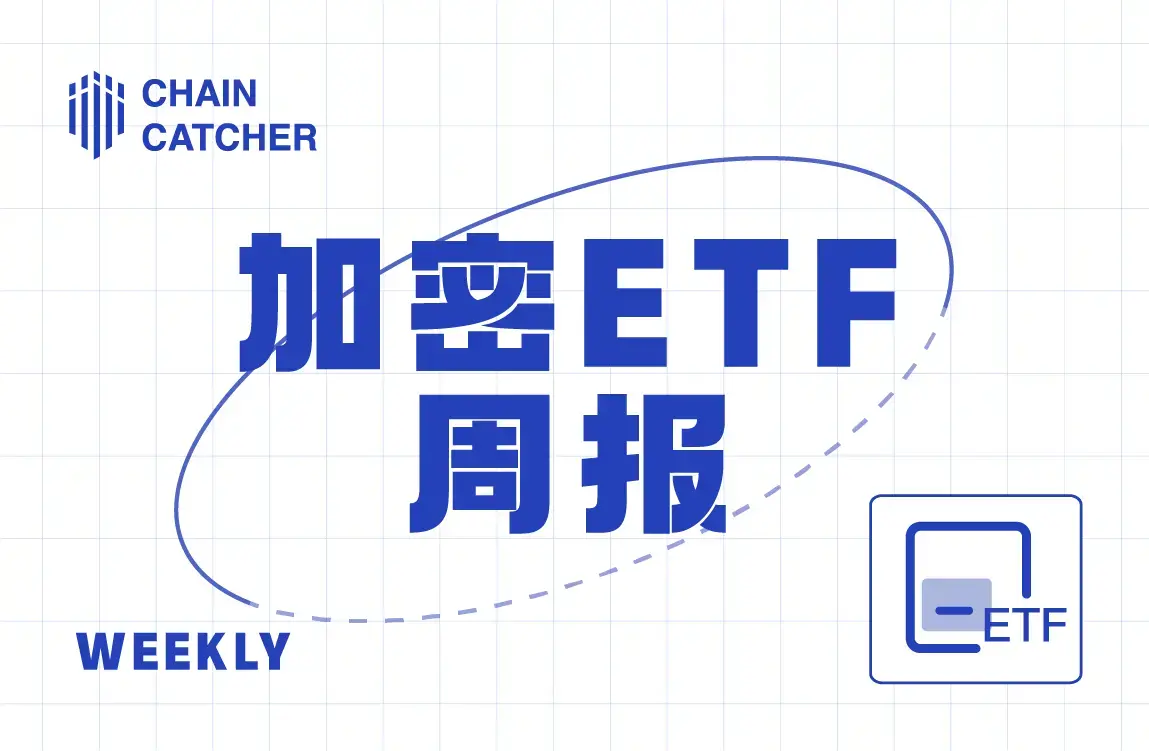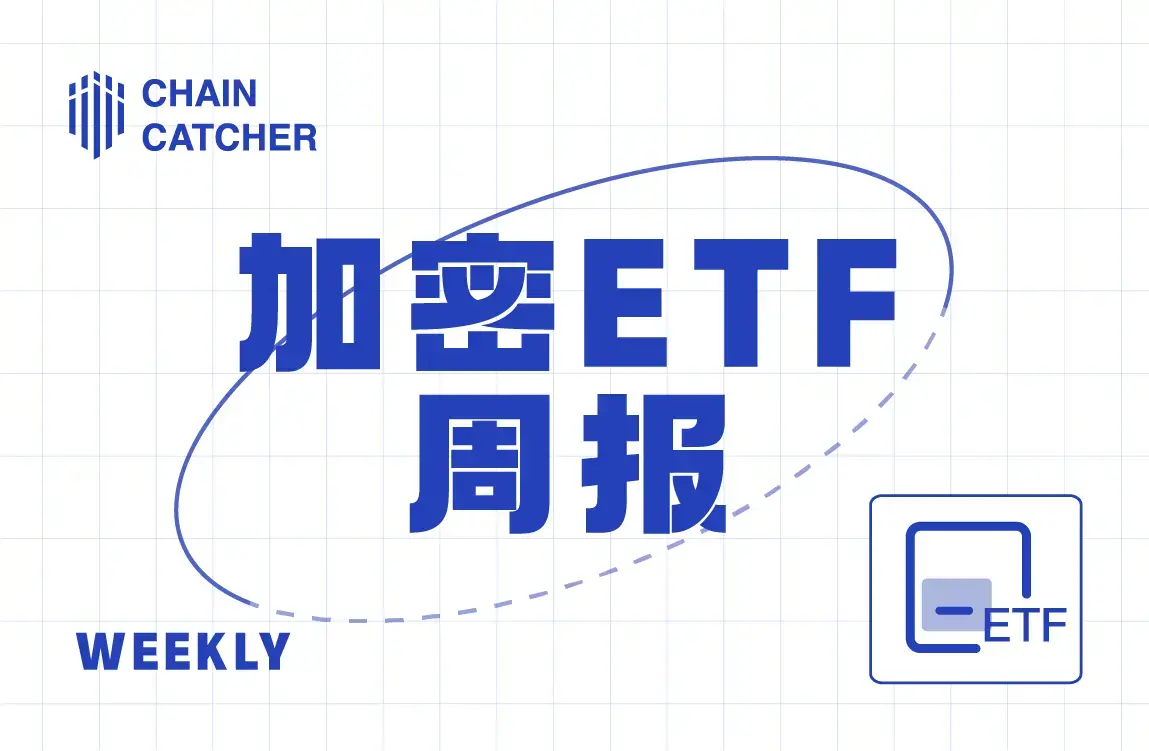From rejection to embrace, what has driven the legalization of cryptocurrency mining in Russia?
Author: Deng Tong, Golden Finance
After experiencing the 805 coin crisis, the crypto market is shrouded in gloom: the price of Bitcoin plummeted from over $70,000 at the end of July to below $50,000. The fear and greed index even dropped to 17 at one point, shifting from fear to extreme fear. People began to question, "Is the bull still here?"
However, starting from August 8, the crypto market seemed to experience a spring breeze overnight, with cryptocurrencies rising across the board. In the early hours of August 9, Bitcoin even reached $62,394.50, up 25.33% from its low of $49,781.93. The significant rebound in the crypto market is closely related to the newly passed cryptocurrency mining legalization policy in Russia.

What Does Russia's New Mining Regulation Say?
On August 8, 2024, Russian President Putin signed a law that legalizes cryptocurrency mining in Russia.
The signed law introduces new concepts, including digital currency mining, mining pools, operators of mining infrastructure, address identifiers, and individuals organizing mining pool activities. Mining itself is recognized as a component of turnover rather than the issuance of digital currency.
Only registered Russian legal entities and individual entrepreneurs are authorized to mine. Individuals who do not exceed the energy consumption limits set by the Russian government can mine digital currencies without registration.
According to the document, foreign digital financial assets can be traded on Russian blockchain platforms, and if the Russian central bank finds that individual issuances pose a threat to Russia's financial stability, it has the authority to prohibit their issuance.
Previously, Putin discussed the introduction and use of digital currencies with the government at an economic issues meeting. He pointed out that this is a promising economic field, and Russia must "seize the opportunity" to quickly establish a legal framework and regulations, develop infrastructure, and create conditions for the circulation of digital assets.
The new mining regulatory policy will be overseen by the Russian central bank, the Ministry of Finance, and the Russian government cabinet, which will formulate more precise regulatory content in the coming months. The bill also prohibits large-scale cryptocurrency advertising within Russia.
The law will take effect ten days after its official announcement, except for provisions with specified effective dates.
Signs of Russia's Mining Legalization
The newly introduced mining legalization bill in Russia has actually been in the works for some time.
As early as December 14, 2023, the Russian Ministry of Finance proposed a new bill seeking to legalize BTC mining and establish a mechanism for selling mined currencies. The bill included provisions to prohibit cryptocurrency advertising and required sales of cryptocurrencies to be conducted through foreign platforms, excluding the use of Russian information infrastructure. Both the Ministry of Finance and the Russian central bank supported recognizing cryptocurrency mining as an industry and endorsed using cryptocurrencies for foreign economic activity settlements within an experimental framework. According to the proposed bill, cryptocurrency miners could obtain digital currencies through foreign systems or dedicated platforms established for experimentation. In either case, miners must report these transactions to the Federal Tax Service. The central bank suggested that the sale of mined cryptocurrencies be limited to non-residents and could only be conducted through foreign infrastructure.
On May 6, 2024, Anton Gorelkin, chairman of the Financial Market Committee of the State Duma of Russia, stated that he does not support a complete ban on the circulation of cryptocurrencies in Russia. He explained in a Telegram post that this restriction is not intended to prohibit all cryptocurrency use but to regulate the establishment of cryptocurrency exchange platforms within Russia's legal framework. Anton Gorelkin also noted that the establishment of legitimate cryptocurrency infrastructure in Russia is influenced by geopolitical realities, which need to consider factors related to international relations. He further added that allowing such infrastructure could expose Russian enterprises to Western sanctions. Additionally, Anton Gorelkin pointed out that this restriction might be lifted in the future, and users could still use foreign cryptocurrency exchanges and over-the-counter services as before. However, the impact on many over-the-counter cryptocurrency services in Moscow remains uncertain.
In July 2024, Russia considered including the topic of stablecoins in the upcoming legislation, allowing the formal use of stablecoins for cross-border payments. Alexey Guznov, deputy governor of the Russian central bank, announced that a proposal had been submitted and is currently under discussion. The Ministry of Finance also confirmed this.
On July 13, 2024, BITCOINLFG revealed on the X platform that sources indicated President Putin might make a significant announcement regarding Bitcoin and cryptocurrencies in the coming days.
On August 3, 2024, Golden Finance reported that Anatoly Aksakov, chairman of the Financial Market Committee of the State Duma, predicted that at some point in the future, citizens would be able to exchange Bitcoin and digital rubles, which would require a P2P market based on the digital ruble to achieve this goal.
From the above, it is evident that Russia has laid a lot of groundwork for the introduction of the new mining bill. The introduction of the new regulations was actually anticipated.
Turning Point: The Russia-Ukraine Conflict, Sanctions, and National Competition
In the early years, Russia's regulatory policies on crypto assets were not very favorable for industry development. So, what caused Russia's attitude towards cryptocurrencies to shift from "not supportive" to "mining legalized"?
On December 10, 2020, Putin signed a decree prohibiting certain Russian officials from holding any cryptocurrencies. In December 2021, the Russian central bank warned of risks associated with digital assets and even proposed a complete ban on cryptocurrency mining and trading.
However, on February 24, 2022, the Russia-Ukraine conflict broke out in full force, which can be seen as a turning point in Russia's attitude towards cryptocurrencies.
According to the BBC, since the full outbreak of the Russia-Ukraine conflict, the U.S., U.K., EU, as well as Australia, Canada, and Japan have imposed over 16,500 sanctions on Russia.
Their main target was Russia's finances—$350 billion (approximately £276 billion) of foreign exchange reserves were frozen, accounting for about half of Russia's total foreign exchange reserves.
The EU stated that about 70% of the assets of Russian banks were also frozen, and some banks were excluded from the Swift international payment system, which provides secure and efficient communication services for financial institutions.
According to data from the International Monetary Fund, Russia's GDP growth rate was -2.1% in 2022. In 2023, the GDP growth rate was 3.6%. In 2021, before the outbreak of the Russia-Ukraine war, Russia's GDP growth rate was 4.7%.
It is evident that in the centralized international financial system, Western sanctions have indeed plunged Russia into an economic winter. Faced with multiple rounds of economic sanctions, Russia ultimately chose to embrace cryptocurrencies.
In 2022, Putin believed that Russia had some advantages in cryptocurrency mining and should tax and regulate cryptocurrency mining, supporting the restriction of mining to areas with excess electricity, such as Irkutsk, Krasnoyarsk, and Karelia.
On February 13, 2022, Russia revised the "Digital Currency" bill, restricting non-qualified investors from purchasing cryptocurrencies, stipulating that they must pass an exam before purchasing, with qualified individuals allowed to buy up to $7,000 worth of cryptocurrencies per year, while unqualified individuals were limited to $600. The bill also defined digital currencies as property, providing a legal basis for cryptocurrency payments.
On April 20, 2023, Elvira Nabiullina, head of the Russian regulatory agency, stated that the central bank was drafting a bill that would introduce an "experimental legal system" allowing cryptocurrencies to be used specifically for import and export transactions. As part of the regulation, new tax laws would be introduced for miners. The central bank's plan includes establishing dedicated organizations responsible for cryptocurrency mining and processing payments for cross-border trade agreements.
In November 2023, Russia developed a tool to help cryptocurrency miners evade sanctions, which would assist Russian enterprises in making cross-border payments. Anton Tkachev, a member of the State Duma's Information Policy, Information Technology, and Communications Committee, stated that the country's Ministry of Industry and Trade had successfully developed "a tool for conducting industrial mining activities." He claimed that cryptocurrencies could help Russian companies evade Western sanctions when trading overseas.
Recently, the Russian central bank suggested that enterprises use cryptocurrencies and digital assets to mitigate the impact of Western sanctions following the Ukraine conflict. Central bank governor Nabiullina acknowledged that payment issues are crucial for the Russian economy and emphasized the role of new financial technologies in creating unprecedented solutions.
Due to sanctions against major Russian financial institutions, Russia's trade relations with multiple countries face difficulties. Nabiullina stated, "New financial technologies have created opportunities for plans that did not exist before. This is why we have relaxed our stance on the use of cryptocurrencies in international payments, allowing digital assets to be used in such payments."
On the other hand, the U.S. has begun to fully embrace cryptocurrencies, as evidenced by the U.S. SEC's approval of Bitcoin spot ETFs and Ethereum spot ETFs; presidential candidates in the U.S. have also expressed support for cryptocurrencies. The competition among nations regarding how to treat cryptocurrencies is becoming increasingly intense.
U.S. Response to Russia's Evasion of Sanctions Through Cryptocurrencies
On one hand, Russia has found a shortcut to evade Western sanctions through cryptocurrencies. On the other hand, the U.S. is beginning to worry about Russia's actions to evade sanctions through crypto means.
In July 2024, Congressman Brad Sherman (D-CA) questioned Yellen regarding Russia's use of cryptocurrencies and stablecoins to evade Western sanctions. "The Russian central bank is urging the use of cryptocurrencies to evade Western sanctions. Stablecoins have no particular advantages because they are stable; you can't make money by holding them, and they generally do not pay interest—certainly not the interest you would earn on a money market fund. Their only advantage is evading our sanctions and other laws, including tax laws. I hope that when you impose sanctions on Russia, you won't promote stablecoins to facilitate that."
Yellen responded: "We are very concerned about the use of cryptocurrencies and stablecoins. We believe that what Russia is doing is not a big deal, but as our sanctions become stricter, it becomes a worrying issue."
Conclusion
Russia's new mining regulations represent an important step towards breaking through the Western economic blockade. Indeed, Western sanctions have severely impacted the Russian economy, but Russia has chosen to embrace a decentralized world. In this emerging financial landscape, the spirit of equality and freedom behind Bitcoin may bring hope for the rebirth of the Russian economy. The crypto world will also gain more practical significance with the participation of the "bear," showcasing the captivating allure of the crypto punk world.









